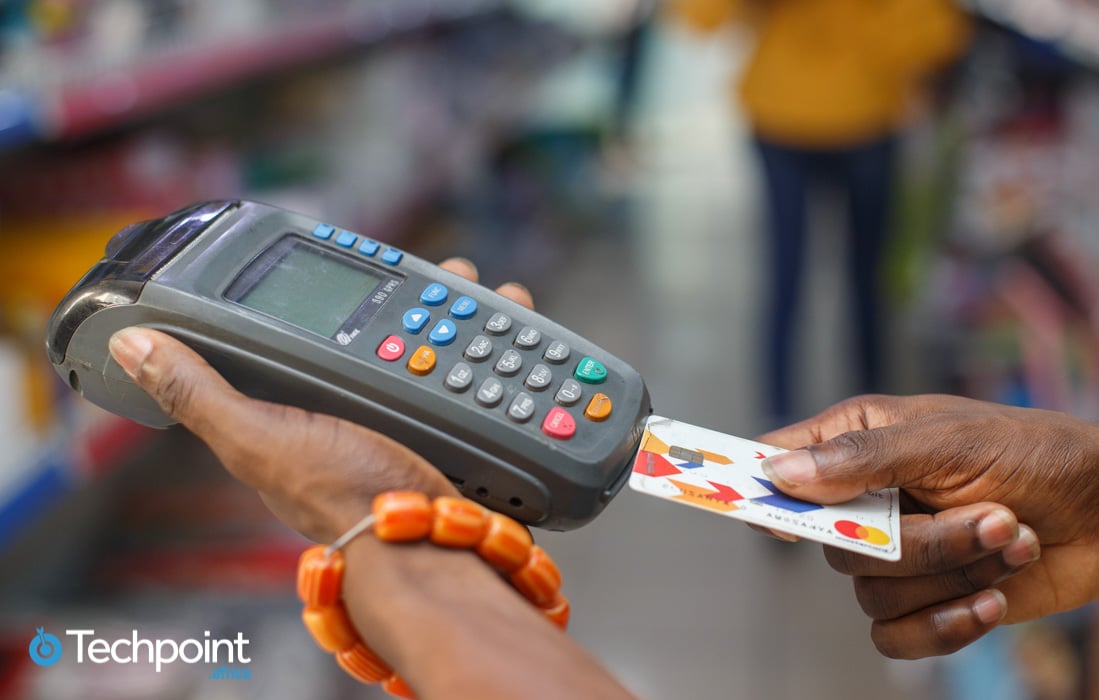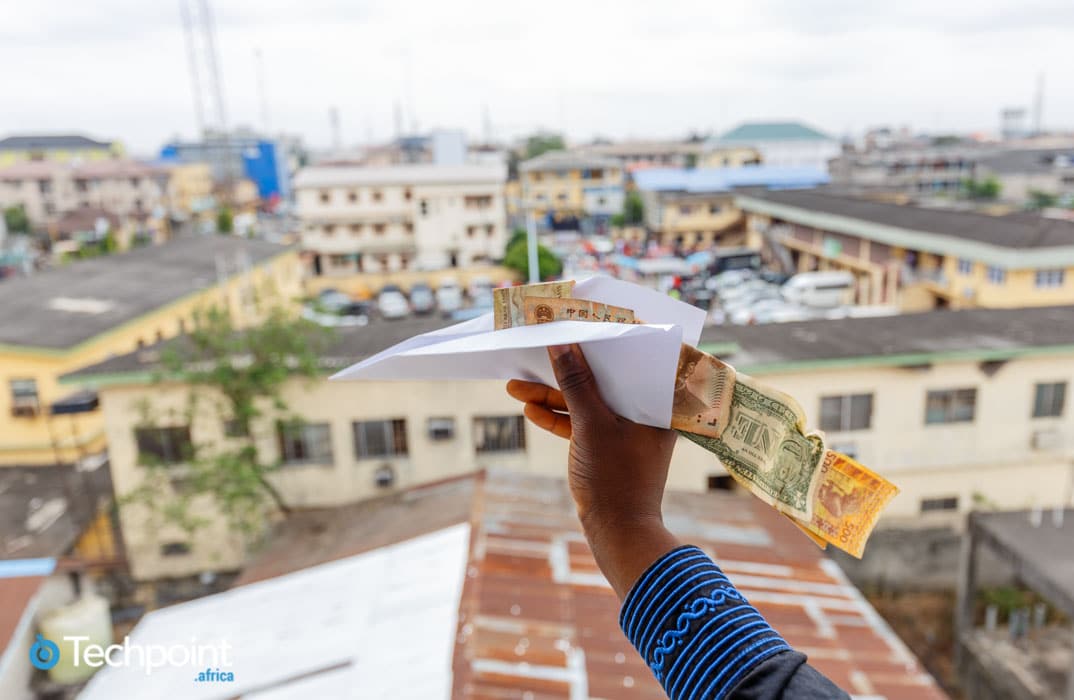On this episode of the Techpoint Africa Podcast, we discuss some of this week’s trending stories in the African tech space.
First, is Tanzania’s central bank’s directive to banks to cease business with unlicenced loan apps.
Over 100 unregistered loan apps provide instant access to loans to up to 30% of Tanzania’s adult mobile phone users who do not have a regular income. Governments in Nigeria and Kenya also struggle with deterring unlicenced loan apps.
Bolu and Chimgozirim consider how big of a problem unlicensed loan apps are in Tanzania and what an enabling environment and working economy could do to deter issues like this.
Second is the Nigerian federal government’s approval of a startup hub in San Francisco and a Special Purpose Vehicle (SPV) that will build 90,000km of fibre optic cable.
According to Bosun Tijani, Minister of Communications, Innovation, and Digital Economy, the move to set up a hub in San Francisco aligns with the desire to position Nigeria as a player in the global technology scene and attract investments to Nigeria.
The Startup House will be represented by the Ministry of Communications, Innovation, and Digital Economy and the Ministry of Foreign Affairs. Additionally, it will be managed by several Nigerian digital technology companies for non-public funding covering operations of the Startup House.
Chimgozirim questions the importance of such a move and the possibility of functions overlapping with the Ministry of Trade and Investment.
In somewhat related news, Nigeria’s telecoms industry’s contribution to the GDP has hit the 15% mark twice in 5 years.
Lastly, we take a look at Nigerian startup, Paystack’s 2023 report.
In Nigeria, bank transfers were the predominant payment channel and accounted for 58% of all transactions. Card payments followed with 36% and Internet banking, 4%.
Elsewhere, mobile money accounted for 98% of payments in Ghana, and 79% in Kenya. Card payments were responsible for 20% of transactions in the East African country but constituted 93% of all payments in South Africa.
Bolu and Chimgozirim have a rousing discussion on whether bank transfers can ever overtake card payments in the Nigerian market.
You can catch up on the conversation on Google Podcasts, Apple Podcasts, Spotify, YouTube, and anywhere you get your podcasts. You can also send your questions and observations to podcast@techpoint.africa or share your thoughts using the hashtag #TechpointAfricaPodcast.












